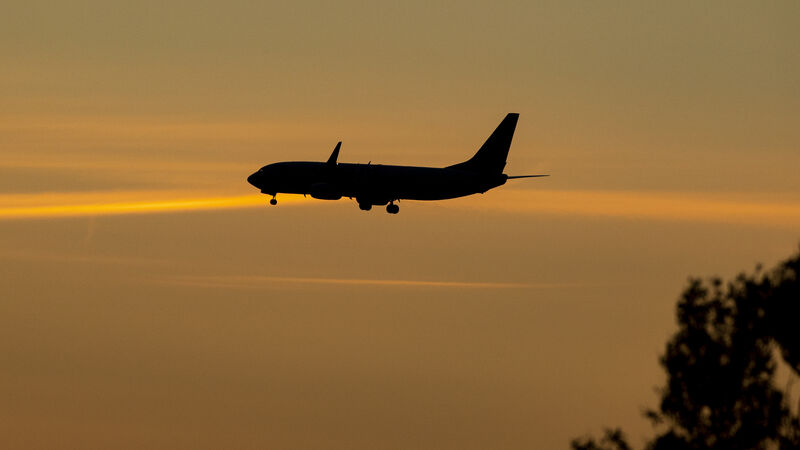Plane nut ban announcements are unlikely to be effective, study says

Experts have said that people should not be be worried about what food is being transmitted in the air when they fly. Picture: PA
Aircraft nut ban announcements are “unlikely to be effective” and may even give people with nut allergies a false sense of security, experts have said.
People with nut allergies should not be worried about the spread of allergens through aeroplane air conditioning systems, academics said.











